Cleveland Clinic receives OK for first-in-human trial
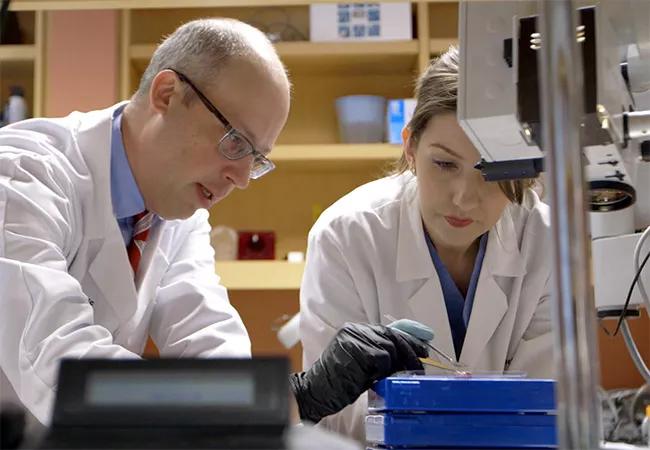
Cleveland Clinic Neurological Institute investigators are hoping that deep brain stimulation (DBS) will prove effective in helping patients regain movement lost to a stroke. Nearly 10 years of preclinical research into this new application of DBS demonstrate consistent and reproducible improvement in motor function in an animal model of stroke, states Andre Machado, MD, PhD, Neurological Institute Chairman. “We have shown that this works in small as well as large strokes. There is reorganization of the brain and new synapses form. We are even seeing that some new neurons are created as a result of the chronic stimulation, and we believe this underlies the improvements we’ve observed.” The FDA has granted approval to initiate a first-in-human clinical trial using DBS to target the dentate nucleus of the cerebellum.
Advertisement
Cleveland Clinic is a non-profit academic medical center. Advertising on our site helps support our mission. We do not endorse non-Cleveland Clinic products or services. Policy
“Deep brain stimulation has never before been used to help patients regain lost function,” Dr. Machado notes. “Our hope is that this will evolve into a treatment that helps people who have suffered neurological damage from stroke recover arm movement.”
Advertisement
Advertisement
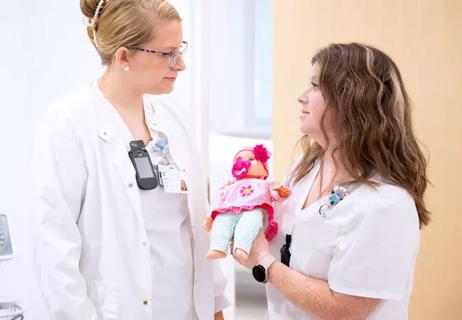
Pilot study confirms feasibility of conducting additional research on the novel treatment
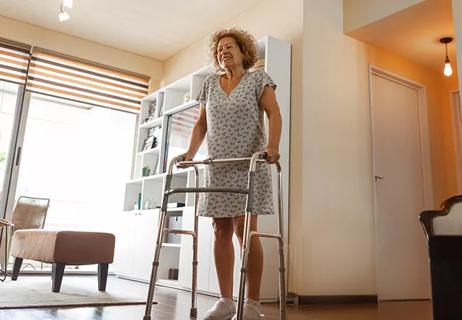
Longer hospitalization does not mean a safer, faster recovery for patients age 70+
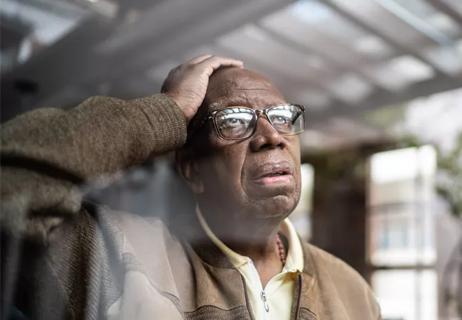
Structured data helps identify older adults at risk for poor outcomes, defines patients who require more comprehensive assessments
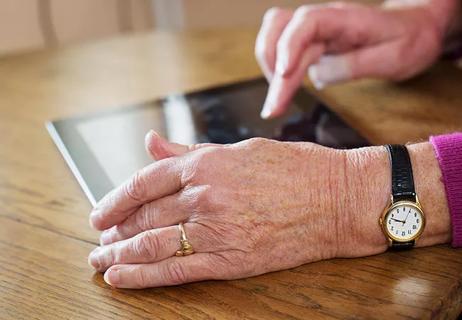
Self-administered tool can be completed in 10 minutes in waiting room
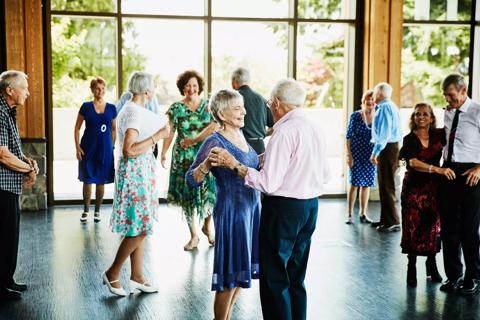
Social prescribing turns leisure activities into good “medicine”
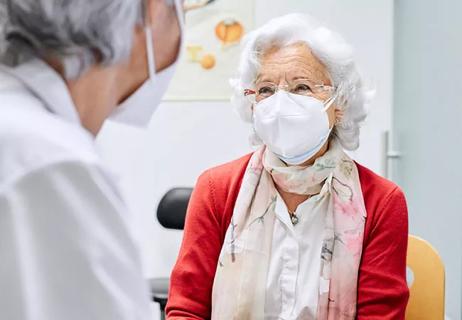
A large geriatric study aims to find the answers
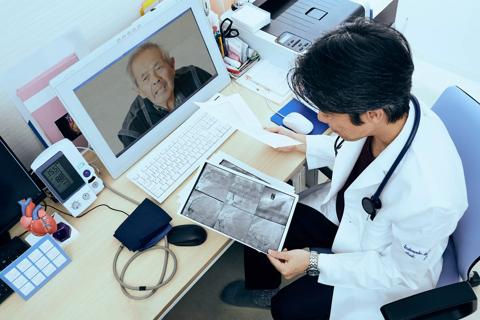
Analysis underscores how telehealth can help pinpoint elder abuse